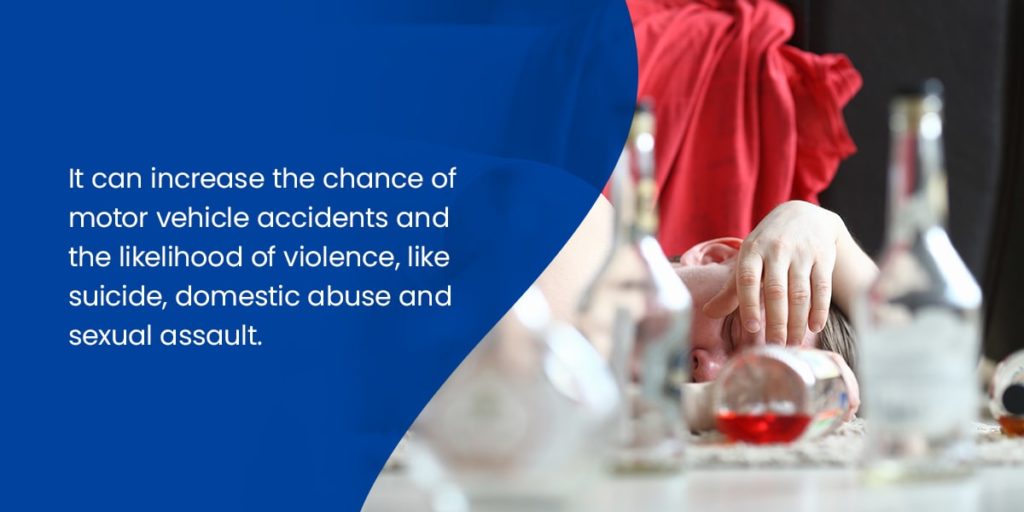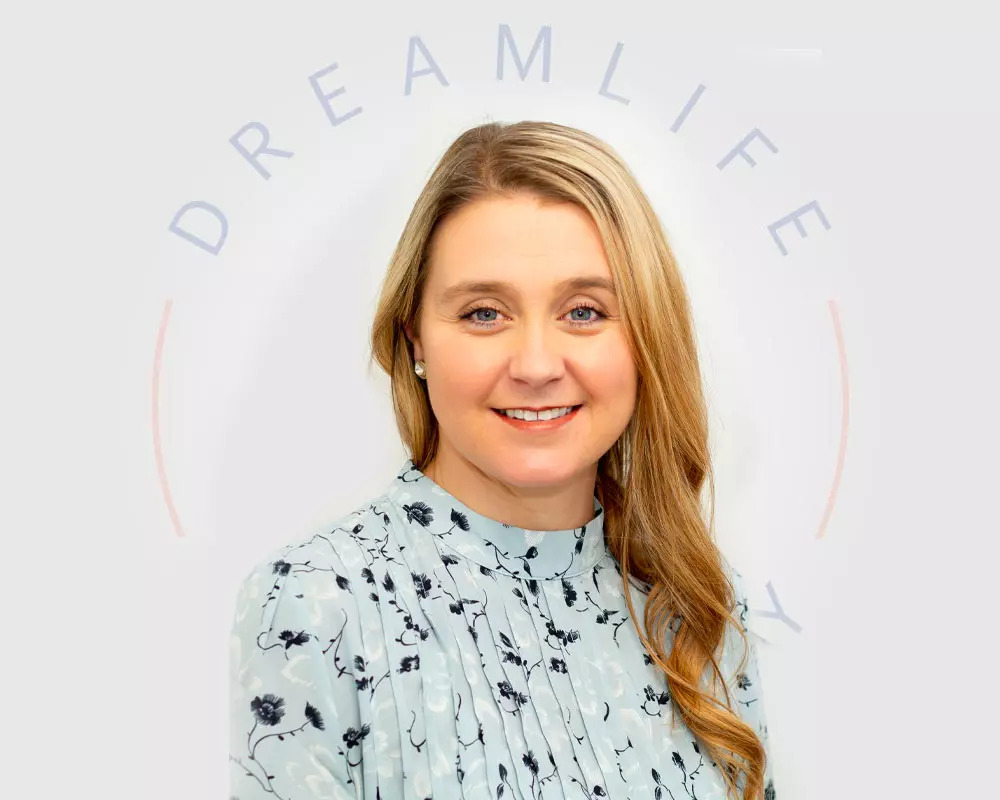How Many Drinks Is Considered Binge Drinking? What It Is and How to Stop
August 10, 2022 - Substance Abuse
Medically Reviewed by Brooke McKenzie


Written By
DreamLife RecoveryBinge drinking is a serious health problem in the U.S., with high costs and sometimes deadly consequences. Despite being preventable, binge drinking is still common among most adults in the U.S.
What Is Binge Drinking?
This term is defined as drinking enough alcohol to bring your blood alcohol concentration (BAC) to 0.08 percent or higher. While everyone is different, this benchmark usually means a woman has had four or more drinks in two hours or a man has had five within the same period.
Is Binge Drinking Alcoholism?
Binge drinking is not always an alcohol use disorder, but it does put individuals at a higher risk of developing one. Depending on various personal factors and how often they binge drink, this habit can affect everyone differently, but the short-and long-term effects can be harmful to anyone.


What Are the Effects of Binge Drinking?
Binge drinking can cloud judgment, leading to unwise and sometimes dangerous choices. It can increase the chance of motor vehicle accidents and the likelihood of violence, like suicide, domestic abuse and sexual assault. Binge drinking can also lead to unsafe sexual behaviors, leading to sexually transmitted diseases and unplanned pregnancies.
Other short-term effects include:
- Blackouts
- Increased chances of falls, burns and drownings
- Alcohol poisoning
- Overdose
Long-term effects include:
- Chronic diseases like liver and heart disease
- Increased risk of various cancers
- Pregnancy outcomes like miscarriages or stillbirths
- Fetal alcohol spectrum disorders
- Memory and learning problems
Binge drinking is also costly, not just to those purchasing alcohol but to everyone around. It can increase health, criminal justice and property damage costs.
How to Stop Binge Drinking
If you notice your binge drinking is negatively affecting your work or home life and would like to make some positive changes, these tips can help you get started on the right path:
- Reflect: Ask yourself why you drink excessively, as the answer may point toward specific people, places or triggers.
- Make a plan: Plan how you will stop and write it down to make yourself feel more accountable.
- Change your environment: Your reflection may have helped you see why you binge drink, so consider limiting your exposure to these triggers, settings or people.
- Rely on family and friends: A strong support system is essential for recovery.
- Reward your accomplishments: Recognize your progress and celebrate it.
- Find alternative, healthier ways to cope: If you drink to cope with life events, find other ways to cope like exercise, therapy or meditation.
- Consider sobriety: Avoiding alcohol altogether might be your best option if you find yourself unable to stop drinking once you start.
- Seek professional help: If your binge drinking is more severe than you realized, reach out to professionals to find the support you need.
DreamLife Recovery Can Help
If you struggle with binge drinking or an alcohol use disorder or have a loved one who does, reach out to DreamLife Recovery. Our team of professionals is ready and able to help support you with the kind and compassionate service you need. Call us at 844-402-3592 or contact us online today.







